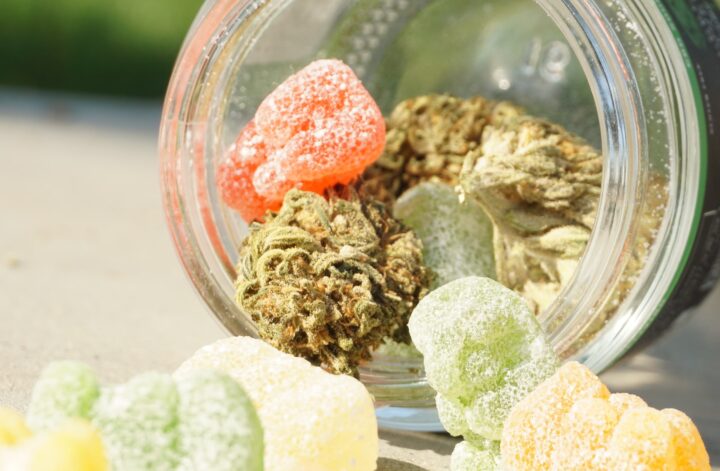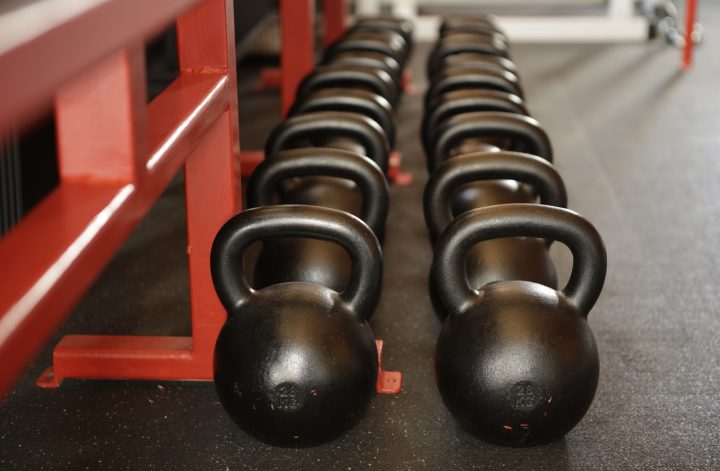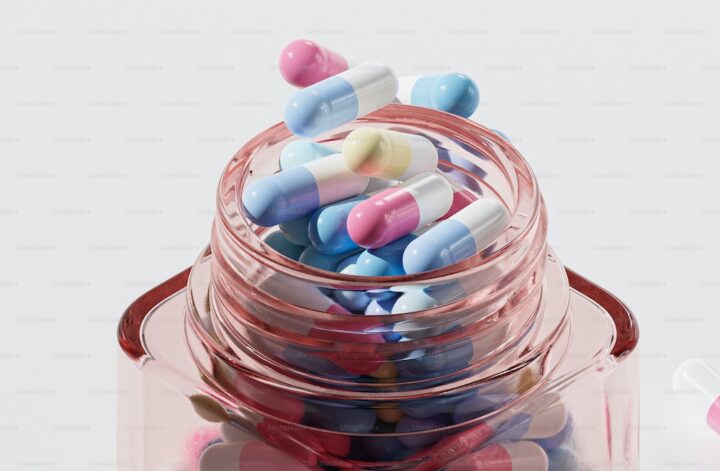Products containing cannabidiol (CBD) are increasingly common in grocery stores, health food stores, and specialty stores. Many people are unaware of what CBD is, what it does, and whether or not they should try it, despite the fact that they are becoming more and more popular.
Answers to some frequently asked questions about Delta 8 gummies are provided by Jacob Wolf, ND, LAc, Dipl. OM, a naturopathic doctor and licensed acupuncturist with University Hospitals Connor Whole Health.
Describe CBD.
Cannabidiol, or CBD, is an oil made from the cannabis plant. It does not affect the mind or result in a “high” because it does not contain large amounts of the psychoactive chemical THC found in other parts of the plant. CBD can be purchased in a variety of quantities and is typically offered as a gel cap, candy, or liquid. Depending on the extraction and purification processes, CBD products may legally include up to 0.3 percent THC.
CBD is it legal?
Yes. 2018 saw the legalization of commercial use of CBD extracted from hemp. The quality of over-the-counter CBD products is not regulated by the FDA, thus there are differences in quality between brands. Contrary to what is stated on the label, some goods you purchase could contain more or less CBD.
 Is a Prescription Required?
Is a Prescription Required?
No. Over-the-counter CBD products are readily available. Epidiolex, the only FDA-approved CBD prescription drug currently on the market, is the lone exception. Pharmaceutical-grade CBD oil that is absolutely free of THC is what makes up Epidiolex. In order to treat seizure disorders such epilepsy, Lennox-Gastaut syndrome, and Dravet syndrome, it may be prescribed.
Who could profit from taking CBD supplements?
People who have PTSD, chronic pain, anxiety, or sleep difficulties may get relief from these conditions using over-the-counter CBD medications. We do have anecdotal evidence that it works for many people, the majority of the time, despite the fact that there is currently little study on its efficacy in controlling these conditions.
What dosage of CBD should I take?
There isn’t a set dosage that is advised. Depending on the condition you’re trying to treat, your weight, any other medications you’re taking, and the CBD product you choose (such as a gel cap, gummy, or liquid), you’ll need to adjust your dosage accordingly. Additionally, CBD is offered in vape cartridges, however the risks of vaping may outweigh its advantages.
Everyone reacts to CBD differently, and depending on the person, the daily dosage required to produce desired outcomes may range from as little as 5–10 mg to as much as 100 mg. Starting low (5 mg) and gradually increasing dosage by 5 mg every two days until you start to see effects is the ideal strategy. After that, stop escalating and keep using the same dosage. For many people, the amount that offers small advantages in the first few days will eventually offer larger benefits with continued use.
Exist Any Negative Effects?
Positive CBD side effects are uncommon. However, some individuals may have diarrhea, stomach trouble, or extreme sleepiness. Some people will be able to get these symptoms under control by cutting the dose. It might be advised that they stop using for others.
People experiencing absolutely no affects is a more frequent problem. Your body’s receptors interact with CBD, however other people’s receptors do not do so well (or at all) in response to CBD alone.
Can CBD Make You Addicted?
The risk of physical addiction to CBD is quite minimal. Even after taking CBD for a long time, the majority of people rarely or never experience any adverse effects or withdrawal symptoms.
Is There a Specific Brand That Is Recommended?
No. However, I do advise customers to conduct their own research before to buying a specific brand of CBD. Supplements, as was previously noted, are not strictly regulated, thus familiarity with the brand is advantageous. Be sure to read the label carefully to determine how much CBD is present in the product. Ideally, the producer will also include a remark about the product’s purity or quality. The amount of oil in total and the specific milligram dose of CBD per serving should be listed on labels in addition to the components.
Who Is Not Suitable for CBD Products?
Most people can safely use over-the-counter CBD products when they do so responsibly to treat ailments like anxiety, chronic pain, or sleeplessness.
It is crucial to always consult your doctor before using CBD because it may interfere with several medications, such as sedatives, blood thinners, and immunosuppressant treatments. In general, CBD (Epidiolex) or other prescription drugs for seizure disorders should not be combined with additional over-the-counter CBD products.
Despite the fact that CBD is permitted, certain professional sports leagues and other businesses may include cannabis in their required drug testing programs. A positive test could result if the CBD product has the legal maximum of 0.3% THC. Before beginning use, it’s crucial to understand your company’s drug rules.




